
Radar | Dec 25,2023
It was an African invention, first developed in Sudan in the 1970s. An Arabic word roughly translated to "shared responsibility," Takaful is an insurance policy introduced to Ethiopia by a company in the United Arab Emirates (UAE). In a country where the concept of insurance remains underdeveloped - 62pc of rural Ethiopians reported having not heard of the word "insurance" - a particular policy like Takaful is unfamiliar territory even to those working in the industry.
Samir Fuad, a young economics graduate, is unaware of Takaful insurance, despite his stint in the insurance industry working for one of Ethiopia's 18 insurance firms for a couple of months. Many are unaware, if not dumbfounded, that such a concept is out there.
It is an insurance product that has been the market since the first Takaful was established in Sudan in 1979. A year later, the General Council of Islamic Scholars certified Takaful as an Islamic alternative to conventional insurance, a product compliant with Sharia Law. It is a scheme that stands out from standard insurance products primarily through its risk-sharing characteristics compared to the conventional mode of risk transfer practiced for three centuries.
Conventional insurance is considered incompatible with Sharia Law as premiums paid by users go into a fixed-term deposit, from which the insurance companies make money off of interest. If the insurer fails to pay out claims, the premium collected from clients is taken as a profit. In the case of Takaful, the surplus gained annually after paying off claims gets distributed back to participants in accordance with their contributions.
A subscriber to an insurance policy pays a "premium"; in Takaful, it is a "contribution," a payment that goes into a pool of funds. Although it is used mostly by followers of the Islamic faith, anyone can subscribe to Takaful.
Not even one-third of the insurance firms in the market offer this product.
Global Insurance is the pioneer of Takaful in Ethiopia, with its senior executives planning to develop a Sharia-compliant insurance product for a long time. The firm's corporate strategy developed several years ago identified Sharia-compliant services as an area with great potential for growth.
Back then, the executives were challenged due to the absence of a legal framework that governs the business. While following up and hoping that the regulatory agency, the National Bank of Ethiopia (NBE), would issue a directive to address this, Global continued its venture towards developing a Takaful product, Asseged Gebremedhin, deputy CEO, told Fortune.
The first feasibility study was kicked off over a decade ago in collaboration with Al-Huda Centre for Islamic Banking & Economics, a UAE-based insurance and banking consultant. This company is taking the market by storm now, partnering with several insurance companies queued to go into the market, including Ethio-Re, the only reinsurance company in Ethiopia.
A global Takaful insurance forum was organised by Ethio Reinsurance and Al-Huda Islamic Centre for Islamic Banking & Economics in Addis Abeba last month.
The feasibility study analysed the country's regulatory landscape, the potential size, financial requirements, and the types of products suitable for the Ethiopian market. The main revelation from the study was the potential Takaful promises, a staggering 1.3 trillion Br to banks in a matter of a few months, from segments of society that would have otherwise remained unbanked. For the experts involved in the feasibility study, this eyebrow-raising amount represents 1.5pc of the total deposit the banks mobilised last year.
Yet, Ethiopia is a country with low bank service penetration. Only close to 35pc of the people aged over 15 years have bank accounts, the Global Index Database for 2017 discovered. It is a finding consistent with a study the World Bank conducted two years later; 65pc of the country’s population was unbanked. Although financial inclusion is one of the key focus areas of the National Bank of Ethiopia, the World Bank's study shows a long way left to go. The majority are not accessing basic financial services in Ethiopia.
Experts see that the expansion of interest-free banking, alongside micro-finance institutions and Takaful insurance products play a huge role in boosting national savings. The proliferation of interest-free window banking and Takaful insurance go hand in hand, many believe. An interconnectedness is created as contributions collected from clients of Takaful insurance need to go into interest-free accounts and interest-free banks are supposed to insure themselves through Takaful. These banks are permitted to use conventional insurance in the absence of Takaful, according to Ibrahim Dawud, who has more than a decade of experience in banking and insurance consultancy.
"It'll create end-to-end compliance to Sharia law, which was not the case before," he said.
How initiatives similar to allowing full-fledged interest-free banking, Sharia-compliant insurance, and micro-finance services contribute to financial inclusion is seen positively by experts. However, some, like Abdulmenan Mohammed, a finance expert, suggest that further steps should be taken.
"Brick-and-mortar branches normally provide these products," he told Fortune. "This makes financial inclusion slower. Encouraging digital, mobile and other forms of electronic banking will accelerate financial inclusion."
It was only last year that the directive that gave the green light to insurance companies to commence Takaful window services came about. It details requirements for setting up a dedicated Sharia advisory council. Insurers are required to have an advisory board made up of three members, one of whom must be experienced in insurance, the other a scholar in Sharia principles, while the third is expected to have expertise in financial services for their Takaful window. The council is supposed to oversee all Takaful operations.
Global Insurance was the first to seize this opportunity in making Takaful products available to clients in September 2020. The insurer started onboarding clients at all of its 22 branches across the country three months ago, providing more than 25 types of general insurance schemes to its Takaful customers.
"The market seems promising so far," Asseged told Fortune.
Young people like Alamin Yasin, an 18-year-old working in the IT sector, are the potential clients targeted by the myriad of insurance firms. He buys the compulsory conventional third-party motor insurance policy. Now, he is open to using the Takaful service once the insurers are well established.
"My policy ends in about a year," he told Fortune. "I'll probably subscribe to Takaful insurance."
Executives at the Global Insurance say that they have managed to garner thousands of clients like Alamin, a figure they see increasing by 75pc month-to-month. The firm is now conducting a feasibility study to go into providing family Takaful insurance, which is more complicated, according to experts.
More are coming into the niche market. Considering the number of companies operating in the global Takaful market, about 130, the proliferation of service providers in Ethiopia can be seen as promising. Several insurers such as Hibret, Nyala, and Nile are getting ready to launch their respective products. But the latest to jump on the Takaful bandwagon is Awash Insurance.
The company, which made around 208.9 million Br in profit over the last fiscal year, began its feasibility study in March last year with the help of Al-Huda. It was concluded six months before the central bank's insurance supervision division granted it an operating license about two weeks ago. The insurer is gearing up to avail its service at 10 branches by the end of next month.
Both insurance firms are challenged by the availability of a skilled and experienced workforce. It took their respective team some time to get fully familiar with the concept of Takaful and its models.
"The sector lacks an experienced workforce with a combined knowledge of insurance and Sharia Law," said Firafis Dejene, strategic planning and research manager at Awash Insurance.
To get ahead of the dilemma, in addition to meeting the requirements that department heads of Takaful insurance need to be certified in the sector, both insurance firms have managed to host rigorous training for their employee and management teams.
Several models of Takaful are available for an insurer firm to choose from - the Wakala, Mudharabah, and Hybrid models are practiced in many countries.
Wakala is a scheme where the insurer acts solely to manage pools of funds and takes only a percentage fee. The fee should be fair and has to be approved by the Sharia advisory board. The Mudharabah model, however, is a profit-sharing contract. The majority of the pool of funds gathered from contributors goes to a participant's risk-fund account and the remaining to a participant's investment account.
Both of the funds can be invested in Sharia-compliant business ventures. Profit from the participant's account is shared between all participants and the operator according to ratios agreed to beforehand. Profit and the amount in the investment account are used to pay for claims and underwriting costs. But, underwriting surplus is shared among participants and the operator.
In the Hybrid model, both are combined, whereby the operator gets an agent fee and a share of the surplus.
For Ebsa Mohammed, an expert in insurance and manager of Alpha Consultancy, a Hybrid model would be ideal for the Ethiopian market as it guarantees more benefits to participants and the insurers. However, both Awash Insurance and Global Insurance have chosen to go with the Wakala model, which their executives say is simpler.
With the Wakala model, the percentage fee the operator takes is what draws the firms in. Any gain from investments and surplus from underwriting fully belongs to the participants.
As with the conventional market, the price-cutting technique insurance companies employ to compete by offering the lowest premium value might take place with Takaful as well. While some experts argue that it might not be the case in Takaful, Ebsa says there should be an understanding amongst insurers through their association to set a percentage threshold that would save them from incurring losses or narrowed margins.
As the sector is yet to gain understanding from the general public, lack of awareness could be a major challenge, according to Ebsa.
The provision of financial literacy training and fierce awareness campaigns will be much needed for Takaful insurance to reach its full potential and for people like Samir to benefit from the opportunities presented to them. Takaful might not be perceived as a Sharia-compliant product among the public, but properly informing leaders in the community might be beneficial as they can pass it on to the rest of the community, suggests Ebsa.
The regulatory capacity of the NBE to conduct effective supervision is also put in question by experts in the industry, such as Ibrahim. The central bank might benefit from introducing a department or an advisory council to its insurance supervisory structure.
Establishing a separate department is a card not on the table right now, Belay Tulu, head of insurance supervision at the NBE, disclosed to Fortune. The global market is yet to keep up with the Takaful services in developing standards and tools for supervision and accounting. However, he is confident that his team has sufficient knowledge to discharge its supervision responsibilities.
PUBLISHED ON
Apr 17,2021 [ VOL
22 , NO
1094]

Radar | Dec 25,2023

Radar | Oct 11,2020
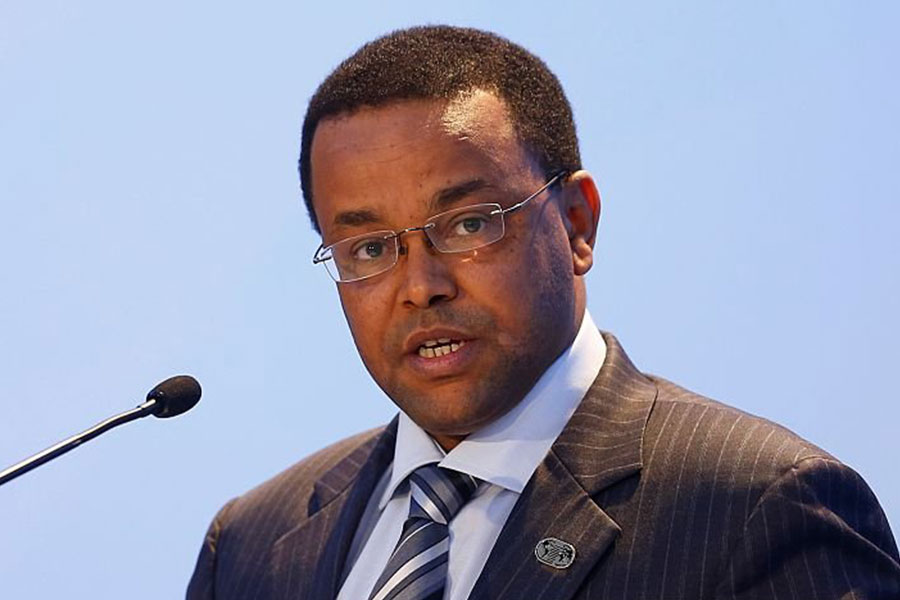
Fortune News | Jun 18,2022

Radar | Aug 13,2022

Viewpoints | Apr 03,2021
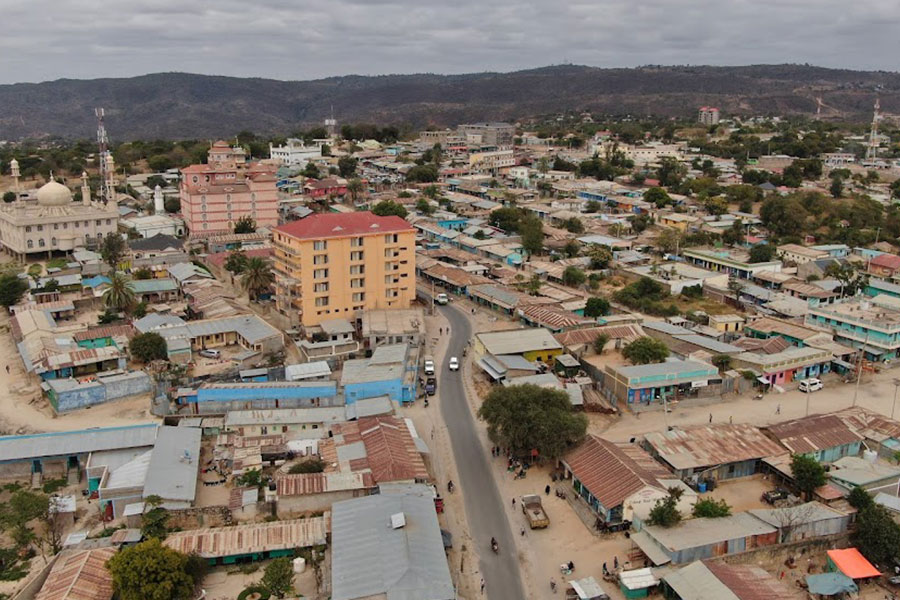
Fortune News | May 07,2022
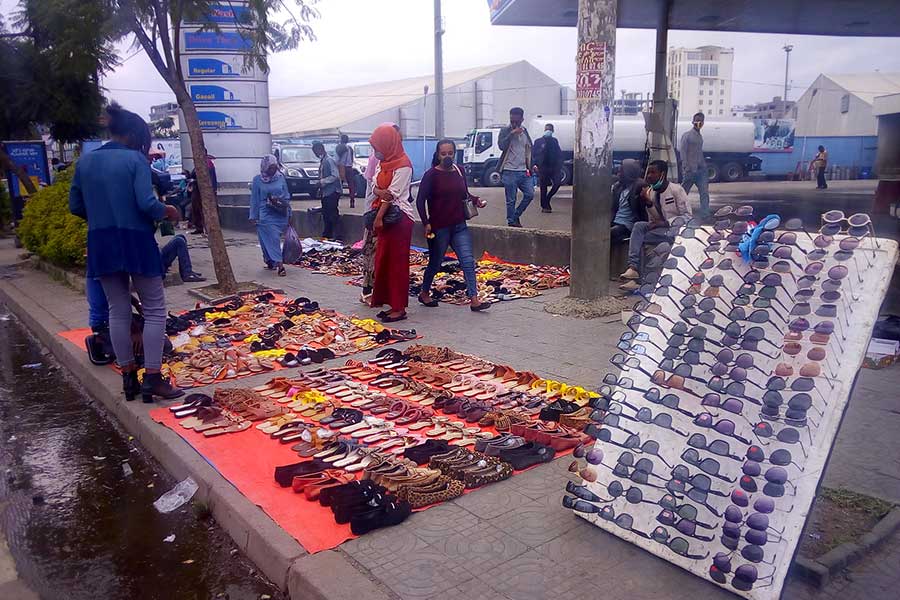
Radar | Nov 21,2020
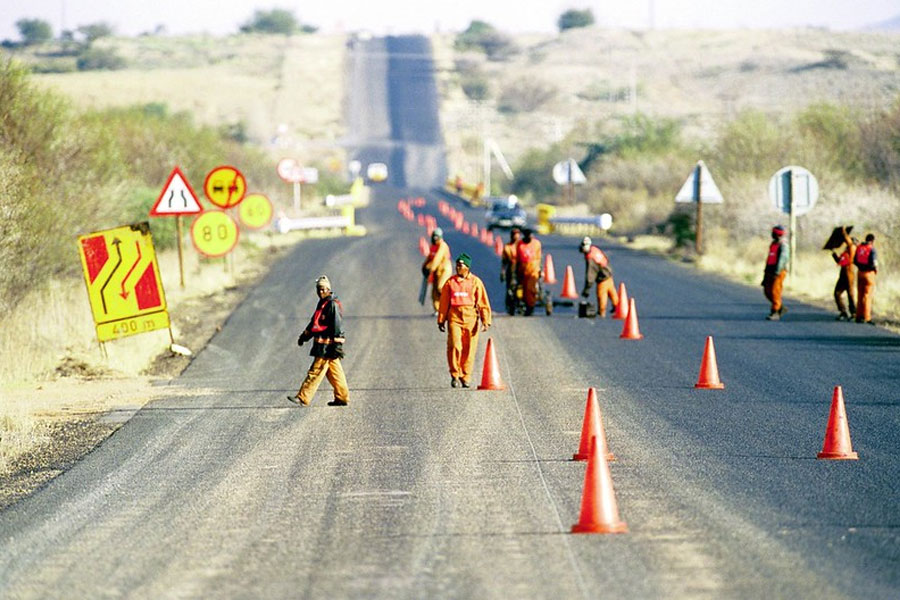
Fortune News | Jan 01,2022
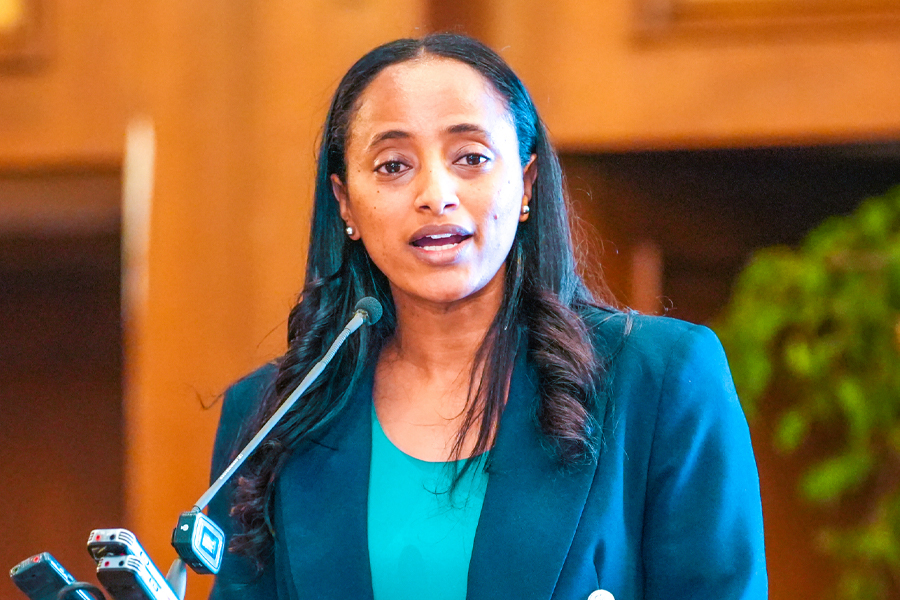
Radar | Apr 27,2025
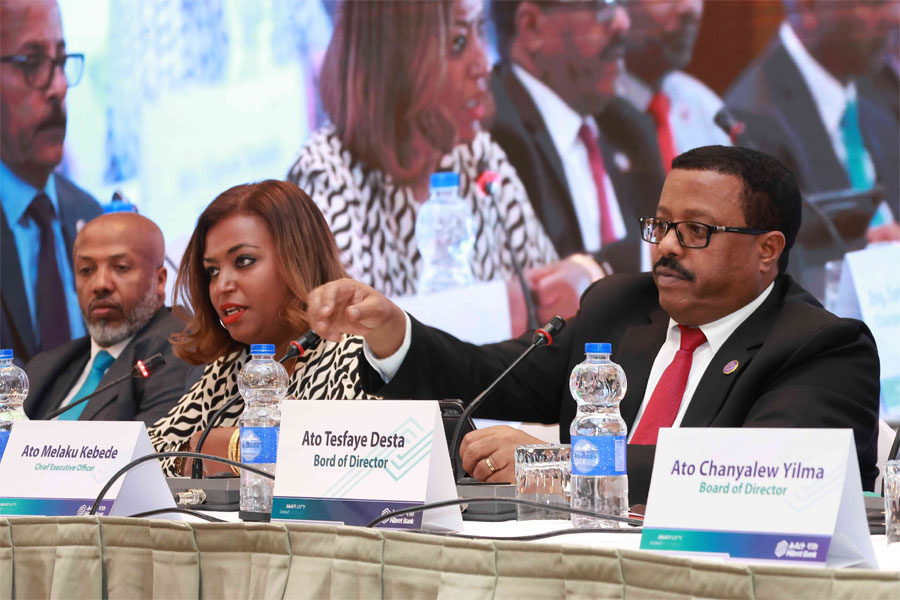
News Analysis | Dec 23,2023

Dec 22 , 2024 . By TIZITA SHEWAFERAW
Charged with transforming colossal state-owned enterprises into modern and competitiv...

Aug 18 , 2024 . By AKSAH ITALO
Although predictable Yonas Zerihun's job in the ride-hailing service is not immune to...

Jul 28 , 2024 . By TIZITA SHEWAFERAW
Unhabitual, perhaps too many, Samuel Gebreyohannes, 38, used to occasionally enjoy a couple of beers at breakfast. However, he recently swit...

Jul 13 , 2024 . By AKSAH ITALO
Investors who rely on tractors, trucks, and field vehicles for commuting, transporting commodities, and f...

Jul 5 , 2025
Six years ago, Ethiopia was the darling of international liberal commentators. A year...

Jun 28 , 2025
Meseret Damtie, the assertive auditor general, has never been shy about naming names...

Jun 21 , 2025
A well-worn adage says, “Budget is not destiny, but it is direction.” Examining t...

Jun 14 , 2025
Yet again, the Horn of Africa is bracing for trouble. A region already frayed by wars...